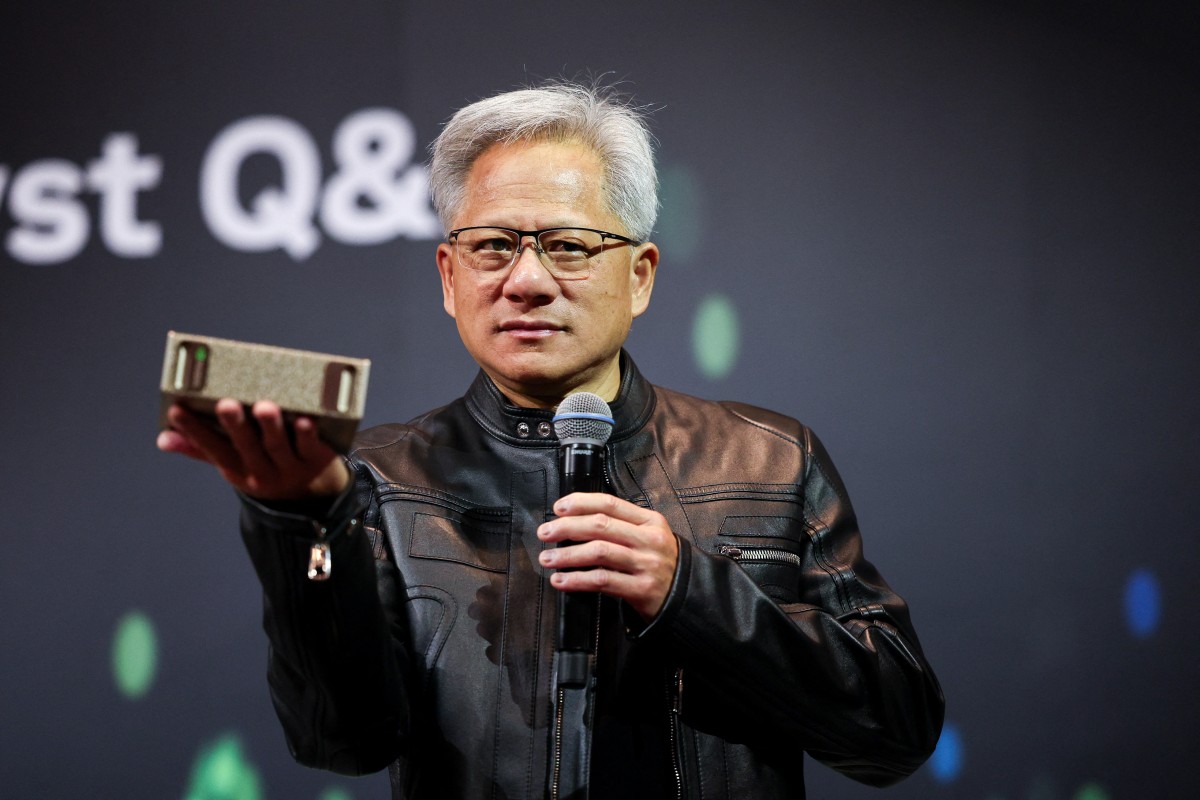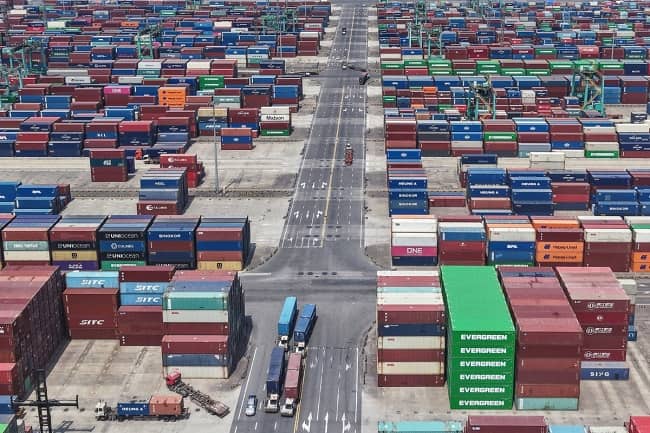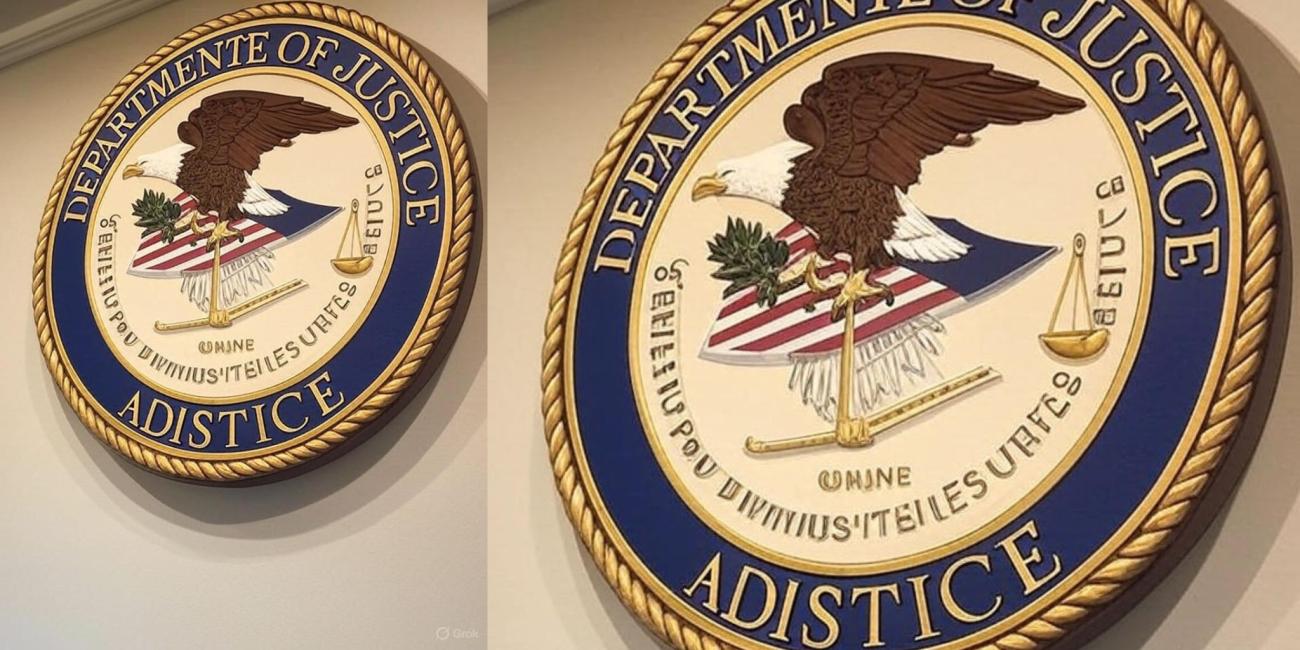In a significant development for the global semiconductor industry, US-based tech giant Nvidia has announced plans to restart sales of its H20 artificial intelligence chips to China following fresh approvals from the US government.
The H20 chip, a scaled-down version of Nvidia’s powerful AI processors, was specially designed to comply with earlier export restrictions targeting China. Those restrictions—put in place due to national security concerns—prevented the company from shipping its most advanced chips, amid fears they could be used to enhance Beijing’s military capabilities.
However, Nvidia revealed on Tuesday that it is once again filing applications to export the H20 GPU, following reassurances from US officials that export licenses would be granted.
Nvidia CEO Jensen Huang confirmed the development in a video message aired by Chinese state broadcaster CCTV. “The US government has approved for us to file licenses to start shipping H20s, and so we will start to sell H20s to the Chinese market,” Huang said. Wearing his signature black leather jacket, he added, “I’m looking forward to shipping H20s very soon… this is very, very good news.”
The company has faced hurdles since the Trump administration introduced tighter licensing rules in April, effectively halting planned shipments of the H20 chips to China.
Zhang Guobin, founder of China’s tech analysis site eetrend.com, noted that resuming sales could significantly improve Nvidia’s revenue outlook, helping to offset losses incurred during the ban. He also remarked that the move could help stabilize global semiconductor supply chains, which have been strained by ongoing US-China trade tensions.
However, he cautioned that uncertainties remain, given the US’s unpredictable stance on tech exports. “The Trump administration has shown a pattern of sudden policy shifts, so the long-term outlook remains unclear,” he said.
Despite intensifying competition from domestic firms like Huawei, China continues to be a vital market for Nvidia. Huang, who visited Beijing in April, expressed optimism about China’s economic future and affirmed the company’s commitment to strengthening trade ties.
According to China’s state-run news agency Xinhua, Huang conveyed to Vice Premier He Lifeng that Nvidia would “continue to invest deeply in the Chinese market” and hoped to contribute positively to US-China trade relations.
While Nvidia prepares to resume sales, China has been ramping up efforts to develop its own semiconductor technologies amid prolonged export restrictions and wider economic pressures. President Xi Jinping has repeatedly called for greater self-reliance in key industries, including AI and chips.
Though unconfirmed, The Financial Times reported in May that Nvidia is also planning to open a research and development center in Shanghai—an indication that the firm may be looking to deepen its footprint in the region.
Official figures released Tuesday show that China’s economy grew 5.2% in the second quarter of 2025, boosted by better-than-expected exports despite ongoing trade challenges.





